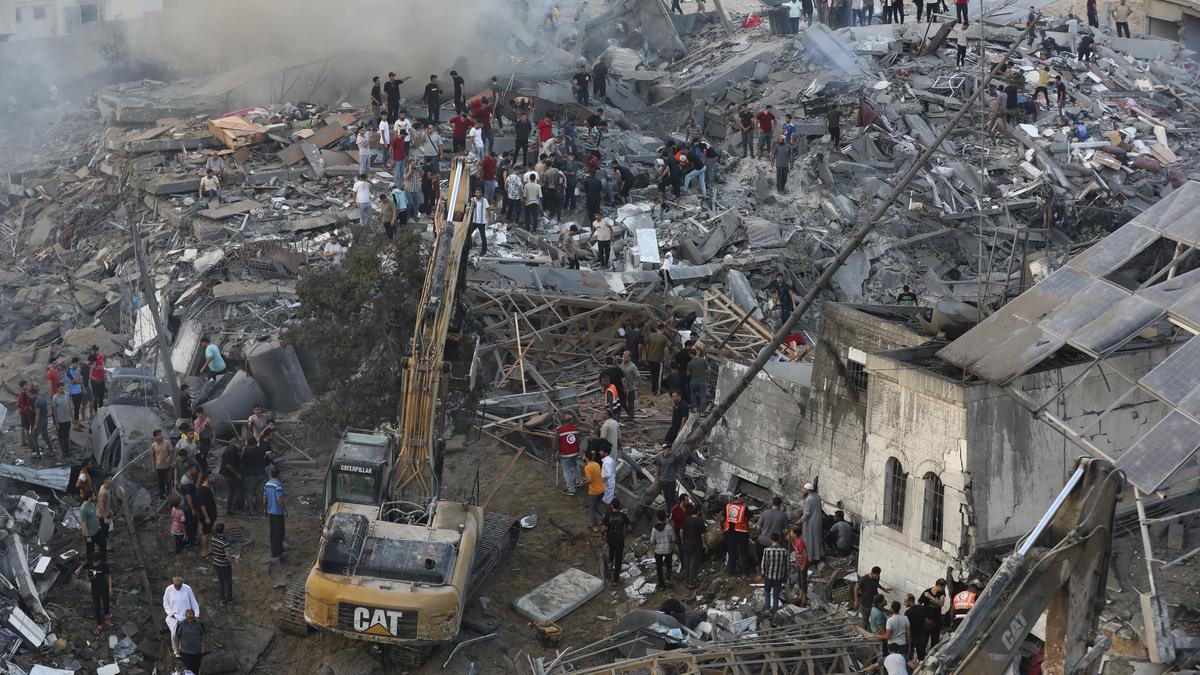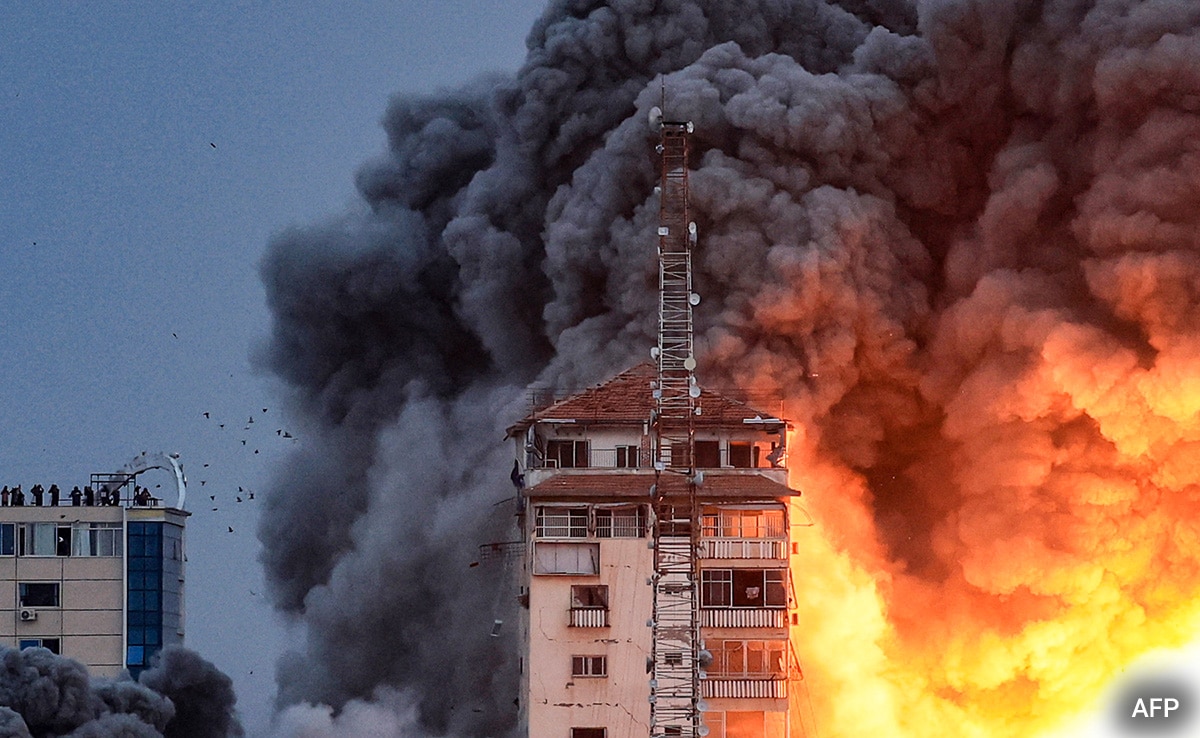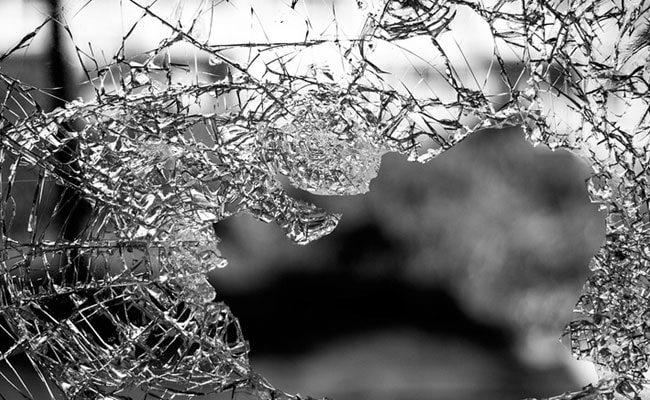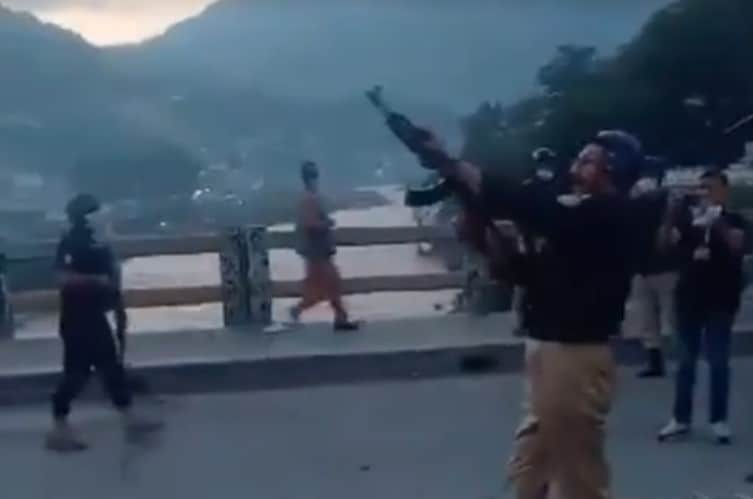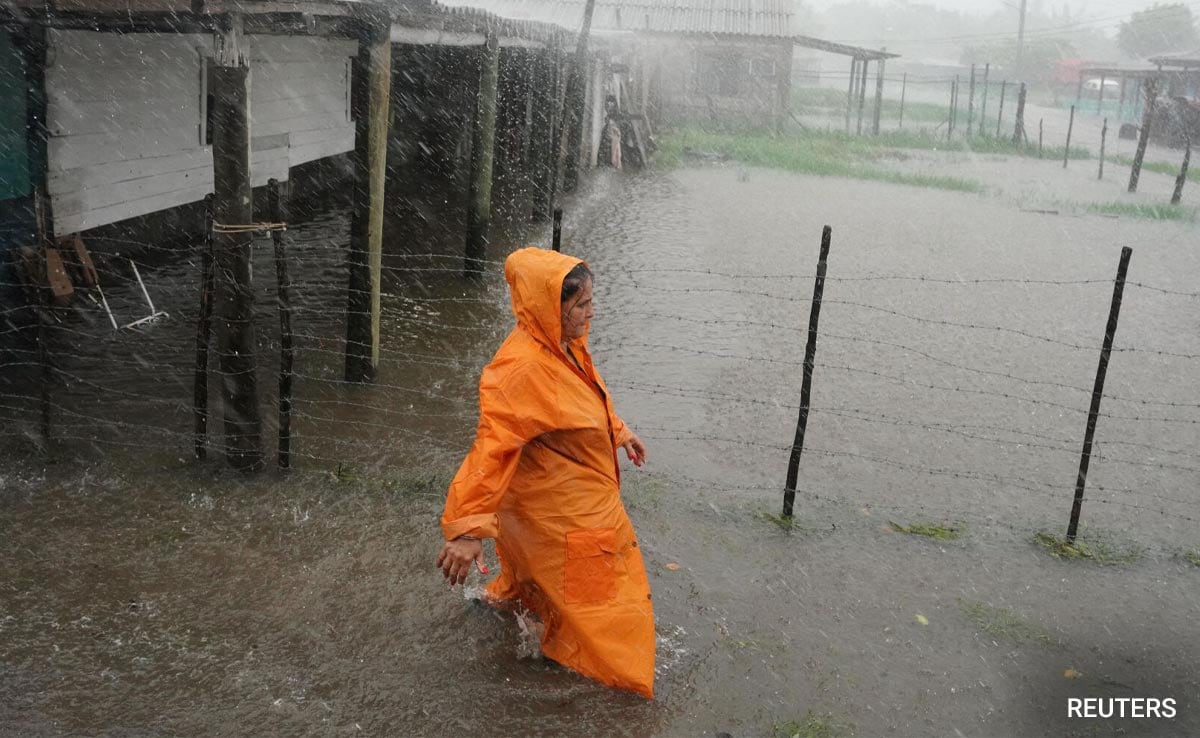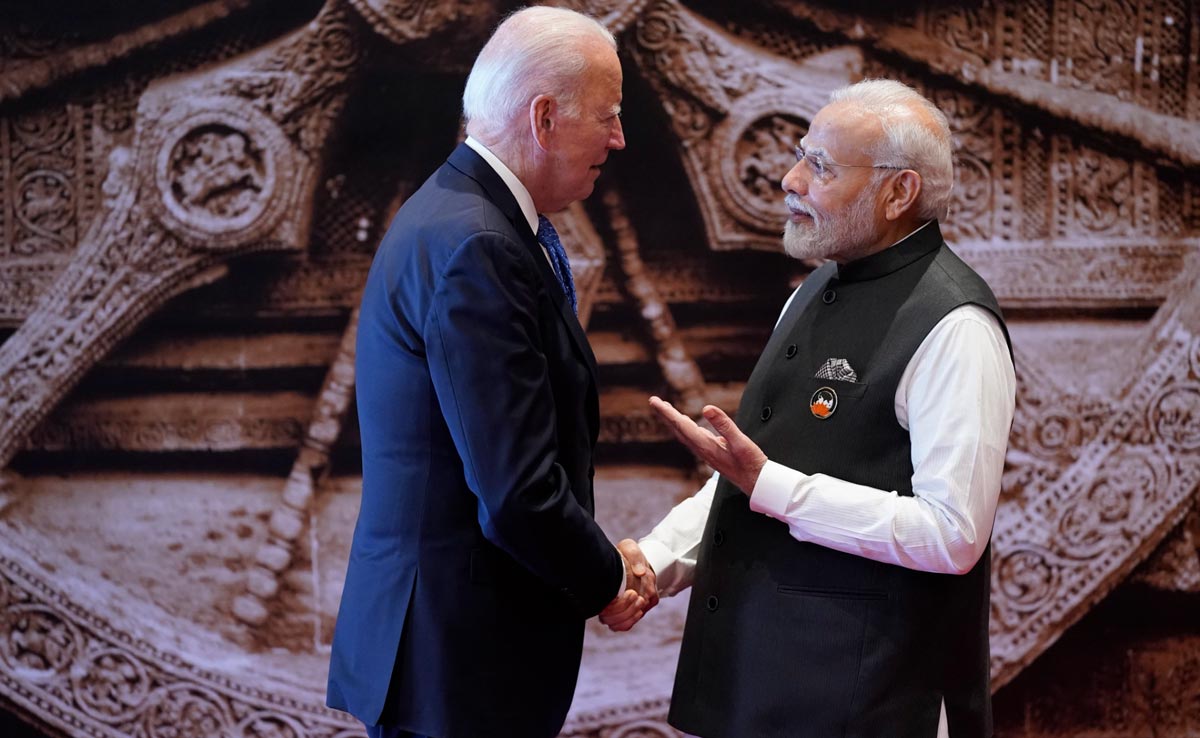The United States and Russia led international calls for a pause in fighting between Israel and Hamas to allow aid into the besieged Gaza Strip, as Israel maintained its bombardment of the enclave where Palestinians are living in harrowing conditions.
A total of 704 Palestinians, including 305 children, were killed on October 24, the Health Ministry in Hamas-ruled Gaza said, a toll the U.N. Office for the Coordination of Humanitarian Affairs said was the highest reported in a single day since the conflict began nearly three weeks ago.
Reuters could not independently verify these figures.
Israel launched the strikes on Gaza after Hamas militants attacked southern Israeli towns on October 7 in a rampage that killed 1,400 people, most of them civilians.
Follow live updates from the Israel-Hamas war on October 25
World leaders are now seeking to prevent the conflict from spreading across a region key to global energy supplies.
U.S. President Joe Biden and Saudi Arabian Crown Prince Mohammed bin Salman spoke by phone on October 24 and agreed on broader diplomacy “to maintain stability across the region and prevent the conflict from expanding,” the White House said.
Deadly clashes have intensified between the Israeli military and Palestinians in the occupied West Bank, and resurged between Israel and Lebanon’s Hezbollah armed group along the Israeli-Lebanon border. Iran, which has sought regional ascendancy for decades, backs both Hezbollah and Hamas, and has warned Israel to stop its onslaught on Gaza.
Israel’s military said its jets struck Syrian army infrastructure and mortar launchers on October 25 in response to rockets launched from Iran ally Syria.
The military did not provide further details. It did not accuse Syria’s army of firing the two rockets, which set off air raid sirens in the Israeli-occupied Golan Heights.
There was no immediate comment from Syria.
Israeli forces on an overnight raid in the occupied West Bank came under fire by a group of Palestinians whom the military then hit with a drone, the Israeli military said on October 25. Palestinian officials said three people were killed.
Israel’s military also said it targeted a cell of Hamas divers attempting to enter Israel by sea near Kibbutz Zikim. There was no immediate comment from Hamas on the incident.
The U.S. has advised Israel to hold off on a planned ground assault as Washington tries to free more of the 200-plus hostages Hamas is still holding captive in Gaza.
However, when asked was if he was urging Israel to delay its ground invasion, U.S. President Joe Biden told reporters: “The Israelis are making their own decisions.”
Iran’s U.N. Ambassador Amir Saeid Iravani told the Security Council on October 24 that U.S. Secretary of State Antony Blinken had attempted to wrongly blame Iran for the Israel-Hamas war.
“Our commitment to regional peace and stability remains unwavering,” he said. “The U.S. has further exacerbated the conflict by overtly aligning itself with the aggressor at the expense of the innocent Palestinian population.”
In a statement released on social media, the Palestinian Health Ministry said at least 5,791 Palestinians had been killed by Israeli bombardments since Oct. 7, including 2,360 children.
Reuters could not independently verify these figures.
U.S., Russia offer rival proposals
Late on October 24 eight trucks with water, food and medicine entered Gaza from Egypt. U.N. agencies said more than 20 times current deliveries were needed for the narrow coastal strip’s 2.3 million people.
At the United Nations, the United States and Russia put forward rival plans on humanitarian aid for Palestinian civilians. Washington has called for pauses and Russia wants a humanitarian ceasefire. A pause is generally considered less formal and shorter than a ceasefire.
“The whole world is expecting from the Security Council a call for a swift and unconditional ceasefire,” Russian U.N. Ambassador Vassily Nebenzia told the Security Council.
Arab States firmly back a call for a humanitarian ceasefire amid widespread destruction of Gaza’s buildings. “We followed with regret the inability of this council twice to adopt a resolution or even to call for a ceasefire to end this war,” Egypt’s Foreign Minister Sameh Shoukry told the council.
United Nations Secretary-General Antonio Guterres last week called for an immediate humanitarian ceasefire in Gaza.
“While we remain opposed to a ceasefire, we think humanitarian pauses linked to the delivery of aid that still allow Israel to conduct military operations to defend itself are worth consideration,” a senior U.S. official said.
Hospitals running out of fuel
Doctors in Gaza say patients arriving at hospitals are showing signs of disease caused by overcrowding and poor sanitation after more than 1.4 million people fled their homes in the enclave for temporary shelters.
The U.N. Office for the Coordination of Humanitarian Affairs said more than one-third of hospitals in Gaza and nearly two-thirds of primary health care clinics had shut due to damage or lack of fuel.
UNRWA, the U.N. agency for Palestinian refugees, warned in a post on messaging platform X that it would halt operations in Gaza on October 25 night because of the lack of fuel.
However, the Israeli military on October 24 reaffirmed it would bar the entry of fuel to prevent Hamas from seizing it.
Qatari mediators are urging Hamas to quicken the pace of hostage releases to include women and children and to do so without expecting Israeli concessions, said three diplomats and a source in the region familiar with the talks.
The Gulf state, in coordination with the U.S., is leading mediation talks with Hamas and Israel over the hostage release.
Hamas has so far released four hostages — a mother and daughter with dual U.S.-Israel nationality on October 20 and two Israeli civilian women on October 23.






